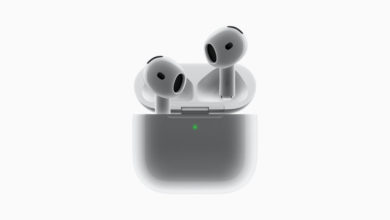Nintendo cuts Switch sales forecast after chips shortage

Nintendo Co. cut its fiscal-year forecast for Switch console sales 10% to 19 million after reporting earnings in line with expectations.
The Kyoto-based company said its operating profit was 118.7 billion yen ($809 million) in the quarter ended September, up from 100.2 billion yen in the same period a year ago. The consensus estimate was for a profit of 117.6 billion yen. The company revised up its net income forecast for the year, pointing to the weaker yen as a key reason, but kept its full-year operating profit forecast of 500 billion yen.
Nintendo said it sold fewer Switch consoles in the quarter than the year-ago period in part because of a prolonged chips shortage. The company says it’s now front-loading production to maximize delivery in the holiday shopping season and that production output is improving since September. President Shuntaro Furukawa said in a briefing after the results that demand for the console remains firm.
What Bloomberg Intelligence Says
Nintendo needs to drive software sales and live services to support long-term earnings growth as the Switch platform enters the mature phase of its cycle. Hardware sales could continue to decline as momentum from Animal Crossing fades further, barring a reported — but as yet unconfirmed — new Pro console.
— Nathan Naidu, BI analyst
Splatoon 3, the latest installment of a core Nintendo franchise, became the company’s fastest Switch software launch ever, with 3.45 million units sold domestically over its first three days. Its September launch gave a lift to the hit-driven sales of Nintendo’s five-year-old Switch console and that momentum is expected to be sustained the Nov. 18 launch of the latest entries in the Pokemon series.
The company raised its net income forecast 18% to 400 billion yen for the fiscal year. It kept its software sales outlook unchanged.
Nintendo also got a big boost from this year’s precipitous drop in the yen’s value. The currency trades at its lowest level against the US dollar in more than 30 years, and Nintendo gets four fifths of its sales from outside Japan while its software production costs are denominated mostly in the domestic currency.
Analysts are closely tracking the Switch console’s momentum heading into the year-end holiday season as supply chain constraints wane. Nintendo has consently said demand for the handheld-hybrid console remains strong, despite the gadget’s age.
“It is strange that Nintendo cut its forecast of Switch shipments 10% even though there is a broad consensus the chip shortage is easing,” said Tokyo-based industry analyst Serkan Toto. “I expect the next quarter to be another home run for Nintendo, largely thanks to the release of the new Pokemon title next week.”







